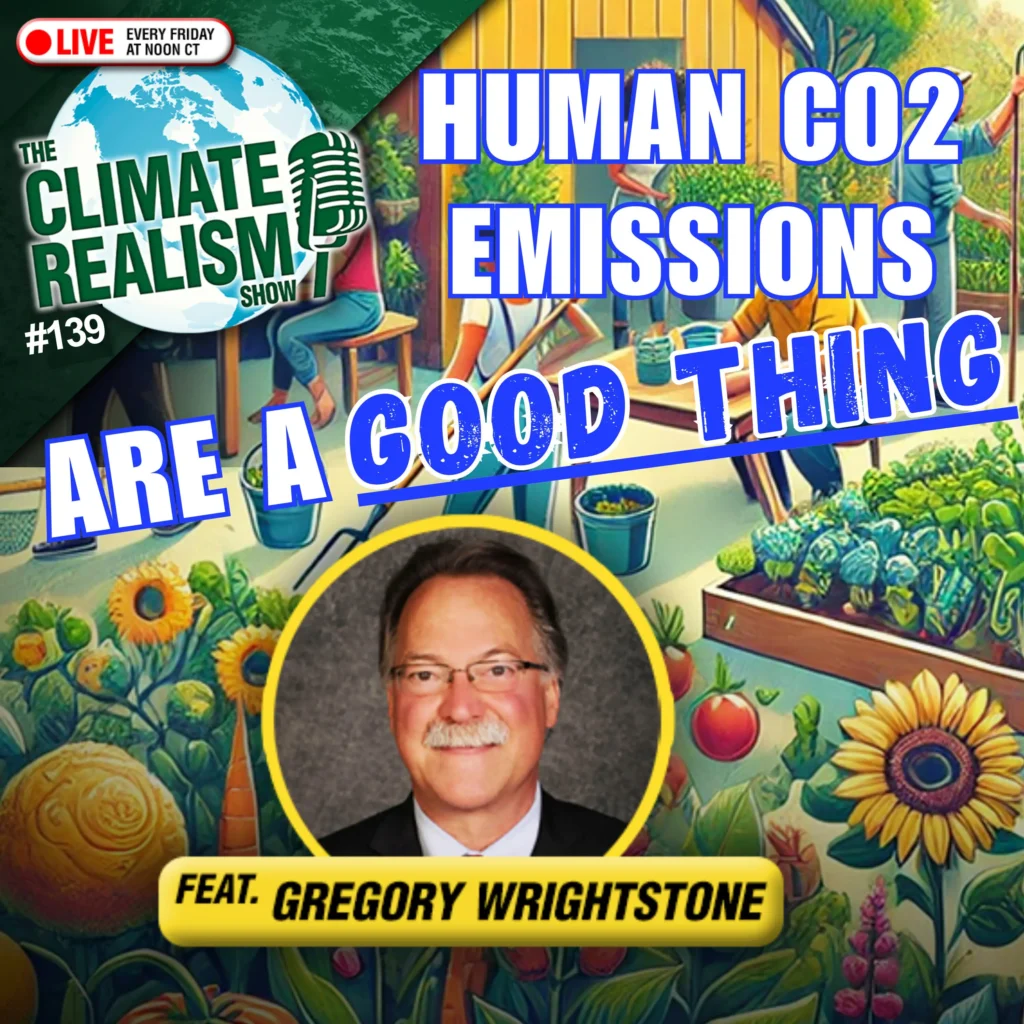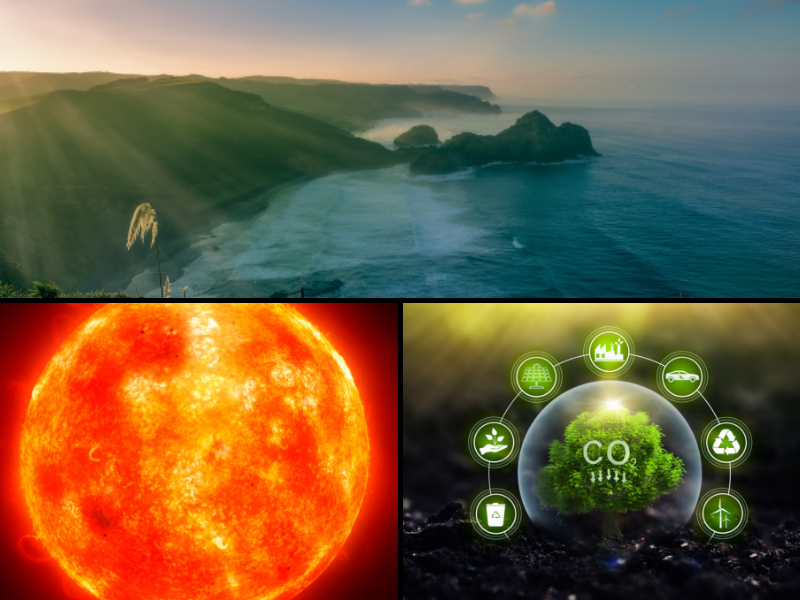Bill McKibben, an anti-fossil fuel activist and founder of 350.org, recently wrote an editorial titled “It’s Time to Stand Up for the Climate – and For Civilization” in Wired. In the article, McKibben claims President Trump’s plan to cancel the Paris Climate Agreement will lead to the eventual collapse of civilization.
McKibben argues if civilization is to endure, we must end our use of fossil fuels and switch to wind and solar. But fossil fuels do not undermine civilization; they are the foundation upon which modern civilization is built upon.
Having access to fossil fuels does not guarantee a country will have a prosperous, civilized society—see Venezuela, as a case-in-point—but access to abundant and affordable energy, which is provided by fossil fuels in nearly every country on the planet, is prerequisite for all advanced, civilized nations.
Solar and wind energy provide just 0.04 percent, and 1.8 percent of the total energy consumption in the United States, respectively. Hydroelectric generates the greatest amount of renewable energy but provides just 2.5 percent of consumption. In contrast, nuclear energy accounts for 8 percent of total consumption in the U.S., 18 percent comes from coal, 28 percent comes from natural gas, and 35 percent comes from oil.
The United States gets a miniscule amount of its total energy from wind and solar, however this is not solely an American phenomenon.
McKibben cites Denmark as an example for the rest of the world to follow, but Denmark is no earthly paradise fueled by wind and sunshine. Despite massive subsidies paid to the wind and solar industries, Denmark generated just five percent of its total energy from wind and solar. Oil and natural gas provided the vast majority of Denmark’s energy.
It would be a mistake to conclude Denmark’s wind and solar subsidies had no impact on its energy system—they caused residential electricity prices to skyrocket. Electricity prices in Denmark and Germany—another nation that has aggressively pursued wind and solar—are now three times higher than in the United States. Despite the heavy burden foisted upon the German people, greenhouse gas emissions have actually increased in Germany in recent years.
Despite the failure of renewable energy to generate significant quantities of energy or reduce greenhouse gases in Germany and Denmark, there are advanced, civilized nations that greatly reduced the amount of carbon dioxide emitted for generating electricity, namely Sweden, Norway, Finland, and France.
Norway is unique in that it has an abundance of clean, affordable hydroelectric power which it sells to neighboring countries. While this works for the Norwegians, other nations simply do not have the capability to replicate these results. The other nations on this list rely on nuclear energy, as indicated by this map which shows electricity generation by source in real time, to reduce the carbon intensity of their energy systems.
Despite the fact that all of the “greenest” nations on the map rely heavily upon nuclear power, McKibben never mentions nuclear energy in his article. The omission is curious because nuclear energy provides the most near-zero carbon emission energy on the planet.
If McKibben’s goal were truly to prevent human-induced global warming by limiting the amount of carbon dioxide emitted into the atmosphere, he would advocate for a massive and immediate build-up of the world’s nuclear energy fleets. Instead, he advocates for non-solutions in wind, solar, and the Paris Climate Agreement.
The Paris Climate Agreement was never going to have a meaningful impact on global temperatures. The United States’ contribution to the Paris Climate Agreement was supposed to be the Clean Power Plan, a set of regulations imposed on the nation by bureaucrats at the Environmental Protection Agency because the American people resoundingly rejected President Obama’s attempt to impose a carbon tax on the economy.
These regulations would cost $8 billion per year and drive up the cost of electricity, yet they would only prevent .018 degrees C of potential future warming by 2100, according to the alarmists’ own models, an amount too small for scientists to accurately measure.
The EPA attempted—unconvincingly— to justify the staggering costs and non-existent benefits by claiming the United States would be a “global leader” in the fight against climate change. However this “leadership” would come at the expense of the American people. This is the exact mentality voters rejected when they voted for Donald Trump, a candidate who promised to put “America First.”
Sadly, McKibben’s radical ideology puts America Last.





